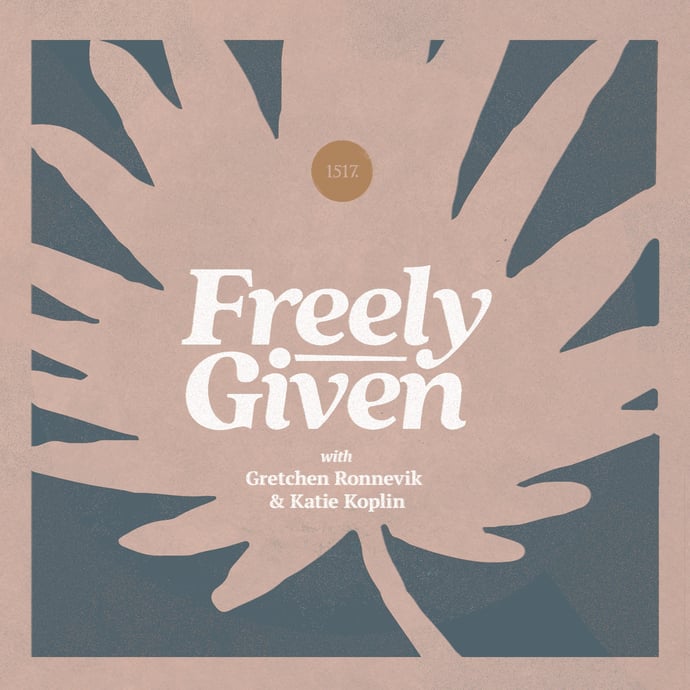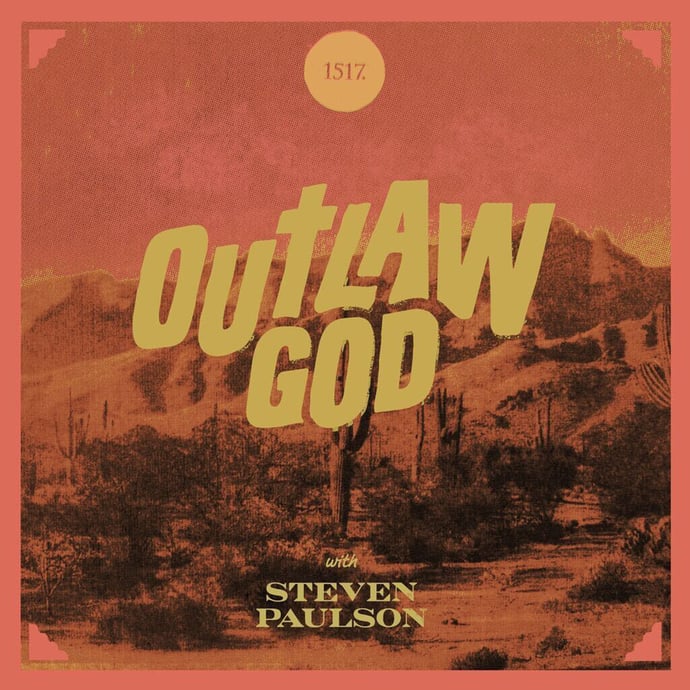In this episode we continue our talk with author and therapist, Heidi Goehmann, about facing our emotions.
Podcasts
Each 1517 Podcast is dedicated to delivering Christ-centered content through weekly, monthly, and seasonal audio platforms. Listen online or on your favorite podcasting app.
Author
- All Authors
- Aaron Zimmerman
- Adam Francisco
- Amy Mantravadi
- Blake Flattley
- Bob Hiller
- Bradley Gray
- Brian W. Thomas
- Bror Erickson
- Bruce Hillman
- Caleb Keith
- Chad Bird
- Chris Rosebrough
- Christopher Gillespie
- Cindy Koch
- Craig Donofrio
- Dan van Voorhis
- Daniel Deen
- Daniel Emery Price
- Darrin Sheek
- David Andersen
- David Rufner
- David Zahl
- Debi Winrich
- Delwyn Campbell
- Donavon Riley
- Doug Klembara
- Edward Killian
- Elyse Fitzpatrick
- Erick Sorensen
- Flame
- Grant Klembara
- Gretchen Ronnevik
- Haroldo Camacho
- Jacob Smith
- Jared C. Wilson
- Jeff Mallinson
- Jeffrey Pulse
- Jessica Thompson
- Jim Nestingen
- Joel Fitzpatrick
- Joel Hess
- John Andrew Schreiner
- John Bombaro
- John T. Pless
- John W. Hoyum
- John Warwick Montgomery
- Katie Koplin
- Kelsi Klembara
- Ken Sundet Jones
- Magnus Persson
- Matt Popovits
- Michael Berg
- Michael Horton
- Nick Lannon
- Paul Koch
- Peter Nafzger
- Philip Bartelt
- Raleigh Sadler
- RJ Grunewald
- Robert Kolb
- Rod Rosenbladt
- Ron Hodel
- Sam Leanza Ortiz
- Sarah Condon
- Sarah Crowder
- Scott Davis
- Scott Keith
- Steven Paulson
- Tanner Olson
- Troy Neujahr
- Uwe Siemon-Netto
- Wade Johnston
- William Cwirla
-
What if you could have a conversation with someone who was theologically sound, a great communicator, and an experienced licensed therapist to talk about the emotions we struggle with, and what to do with them?
-
When it comes to the theology of the body, it's interesting to consider the fight against aging.
-
We continue our conversation with Nancy Guthrie and how life changing it can be to find Christ in the Old Testament--and not just in the prophecies. It's transformative, and as she would say, there's nothing more practical.
-
We interviewed Kelsi Klembara after she spoke at the recent "Here We Still Stand" Regional Conference in Bentonville, Arkansas. She spoke about the embodiment of our redemption, and how our theology of the body can effect how we view eating disorders, chronic health issues, various health improvement programs and even the body positivity movement.
-
In this episode, Gretchen and Katie talk about anticipating seasons in our lives, as well as looking back with nostalgia--for good or for bad.
-
We are sitting down to talk about Bruno, and the other characters in the movie "Encanto."
-
The culmination of our episodes on ontology and time is declaring that you are free to be.
-
We have special guest, Aimee Byrd, on today to talk about her journey in being a woman who studies theology. She shares the purpose on each of her books and how they build off of one another, leading up to her most recent book that we are discussing today on Biblical manhood and womanhood.
-
In one more episode before our interview, we wanted to go over Titus 2, which is often the prooftext given for the false idea that men and women are sanctified differently. This episode could fit both in our discussion of womanhood in the Bible, as well as verses frequently taken out of context.
-
Dr. Paulson has one more Christmas story from Luther to share.
-
We are discussing "I can do all things through Christ" in context of the rest of the passage, and then we discuss the story of Abraham sacrificing Isaac (rather... not sacrificing him) and whether or not Christians are called to sacrifice. Is that what this passage is talking about?

